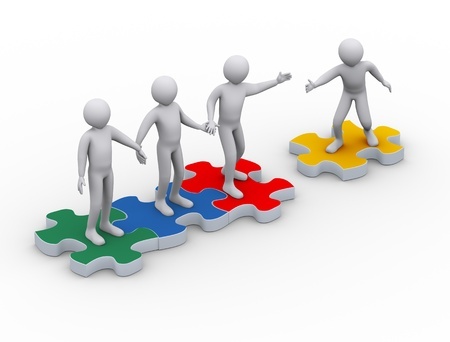Veteran Support is an important aspect of Mental Health. Many veterans come back from serving their country with physical and mental issues. Many veterans don't even understand what is happening to them. Or, they don't want to admit what is happening and don't seek the help they need.
Transiting from the armed forces to civilian life may not be as easy as it could be for some people. Some Veterans need some support to help them find their way in the civilian world. There are resources for that in your community and on the Internet.
You may need to find a job, find a place to live, or even find health care to help you in your time of need.
Veterans perform a job with the military that can reflect no other. Their courage, strength, and fortitude are matchless. We must not forget the sacrifices they and their families made while they were serving our country.
One of the first places someone can turn to is the Department of Veteran Affairs. Not only will they help you establish your GI Bill, if need be, but they can help you with establishing a VA loan for housing and obtaining medical benefits.
Not every veteran who returns from a tour in the military finds their footing. There are organizations and community resources to give you a step up and a helping hand, if necessary.
Post Traumatic Stress Disorder (PTSD) is a serious disorder afflicting many of our veterans. It’s a serious, silent illness that can keep a person from pursing the happier moments of being home and among family. There is support for PTSD as well in the form of therapy, counseling, and hospitalization depending on the severity.
Things that a newly returning veteran can do are establishing a routine. Don’t become complacent or discontent with your situation. Work to make a change for the better. If you need to find a job, look for one in the local papers, use your network with the VA, and join community services that help you locate employment.
If finding a place to live is your priority, you can do that as well. Use your VA resources, your ability to purchase a home with a VA loan, and other resources available in your community to locate housing.
If healthcare is your priority, you can definitely use the VA resources to find medical care at a Veterans Hospital or clinic. If one isn’t currently available in your area, contact the Department of Veteran Affairs to find the one closest to your area.
It’s important to stay positive and upbeat. You are a survivor. You are a hero. You are confident and strong. Use the help of family and friends to establish your civilian life and before you know it, you’ll be telling stories of the time you were in the military to your friends over a nice barbeque in your new backyard.
You can always find support from your local church and if you aren't going to church, finding one can go a long way to recovery. Prayer works. God will not forsake you.
Another way to help yourself is to put your thoughts in writing. Creating a journal can help you work through issues that you may not be able to vocalize. Once you find a therapist, you can either share what you've written, or work on creating other forms of writing/journaling that can help you recover.


No comments :
Post a Comment
Thank you for taking the time to read my blog and post a comment.